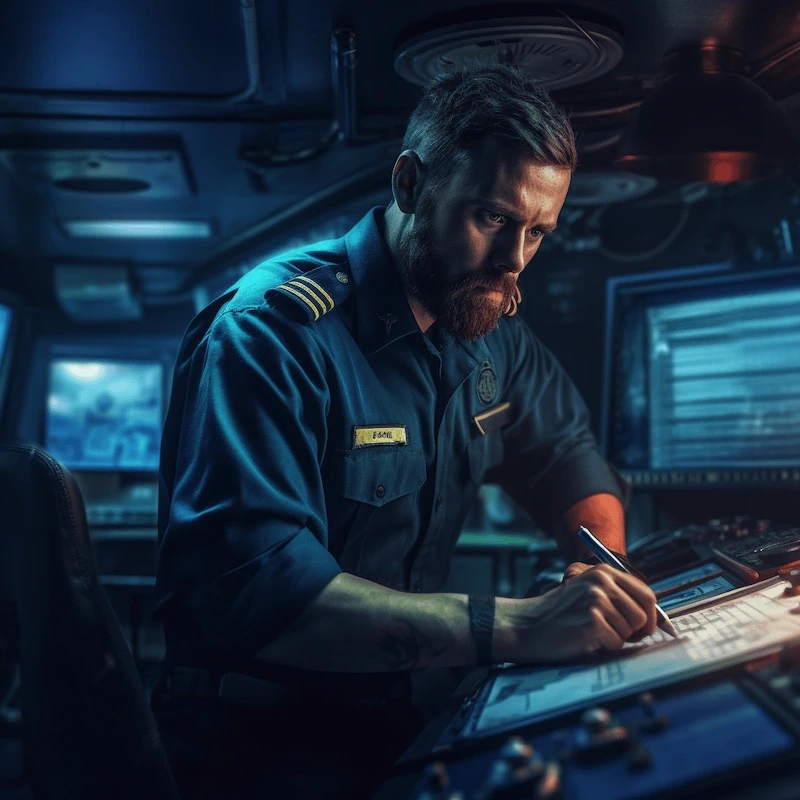
The maritime industry is an essential part of global trade and transportation, connecting nations and facilitating economic growth. However, it is also an industry that presents unique risks and challenges. To mitigate these risks and ensure the safety of personnel, vessels, and cargo, the role of a maritime safety officer is of paramount importance. In this article, we will delve into the significance of maritime safety officer training and explore the duties and responsibilities of a safety officer on board.
Moreover, compliance with international safety standards is crucial as the maritime industry operates in a global context. Maritime safety officer training ensures that safety officers are well-versed in international regulations such as the International Maritime Organization’s (IMO) conventions, codes, and guidelines. By complying with these standards, safety officers contribute to the overall safety and security of vessels, passengers, and crew members.
In the event of emergencies such as fire, collision or natural disasters, a trained safety officer can be a valuable asset. Maritime safety officer training provides individuals with the necessary skills to assess risks, develop emergency response plans and execute effective evacuation procedures. Their expertise can significantly minimize the potential loss of life, damage to property.
Nature of Risks
The maritime environment presents a range of risks, including collisions, grounding, fires, capsizing, piracy, and adverse weather conditions. The combination of unpredictable natural forces, technical complexities, and human factors makes maritime safety a multifaceted challenge.
Human Factors
Human error is a significant contributing factor in maritime accidents. Fatigue, inadequate training, poor communication, and complacency can lead to disastrous consequences. Addressing human factors through improved training, crew resource management, and effective leadership is vital for enhancing maritime safety.
Regulatory Framework
The International Maritime Organization (IMO) serves as the global regulatory body for maritime safety. The IMO develops and enforces international conventions, codes, and guidelines to establish safety standards, promote best practices, and enhance the safety culture within the industry. Compliance with these regulations is crucial for mitigating risks and ensuring safe operations.
Emergency Preparedness and Response
Effective emergency preparedness and response capabilities are vital for minimizing the impact of incidents. Adequate training, regular drills, and well-defined emergency response plans ensure crew members are prepared to handle various scenarios, including fire, flooding, medical emergencies, and search and rescue operations. Integration with onshore emergency services and the availability of appropriate equipment are essential for successful response efforts.
Safety Culture and Human Element
Developing a strong safety culture is crucial to prevent accidents and incidents. Promoting a safety mindset, open communication, reporting and learning from near misses, and fostering a culture of accountability are key elements of a robust safety culture. Encouraging crew members to actively participate in safety initiatives and providing platforms for their input can significantly contribute to enhancing maritime safety.
src: estumar.com







